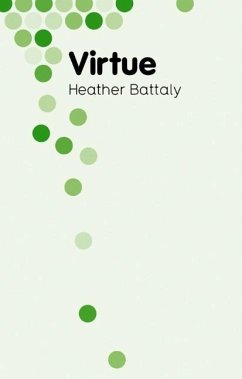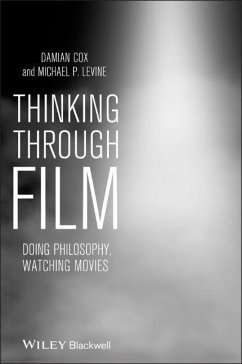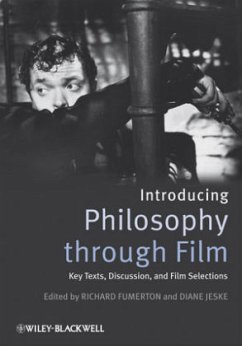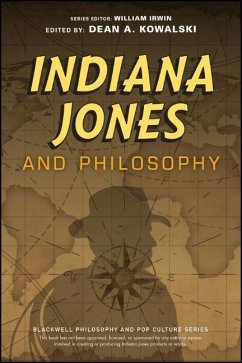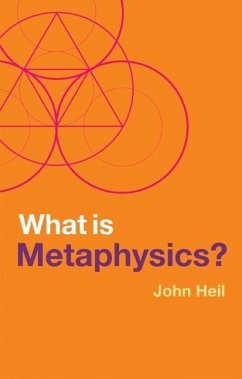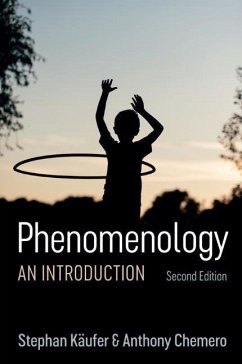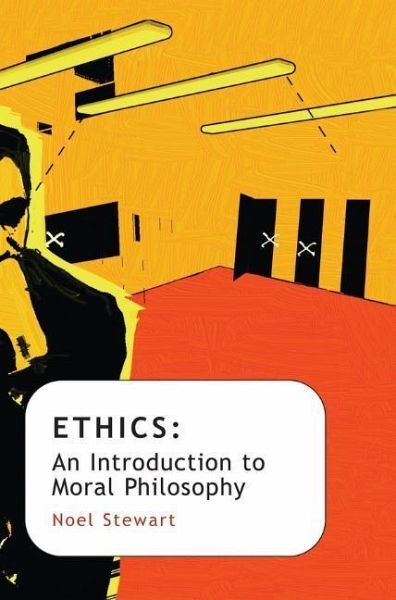
Ethics
Versandkostenfrei!
Versandfertig in über 4 Wochen
29,99 €
inkl. MwSt.

PAYBACK Punkte
15 °P sammeln!
This book provides a much-needed, straightforward introduction to moral philosophy. It will particularly benefit students following courses containing an ethics module, including philosophy from AS level onwards, religious studies, law and medicine, but it has also been written for any reader puzzled by moral disputes and dilemmas.Written in an easy and approachable style and packed with lively examples from everyday life, the first section of the book clearly explains and assesses the arguments for and against the rival moral theories of Utilitarianism, Kant, Divine Command Theory and Virtue ...
This book provides a much-needed, straightforward introduction to moral philosophy. It will particularly benefit students following courses containing an ethics module, including philosophy from AS level onwards, religious studies, law and medicine, but it has also been written for any reader puzzled by moral disputes and dilemmas.
Written in an easy and approachable style and packed with lively examples from everyday life, the first section of the book clearly explains and assesses the arguments for and against the rival moral theories of Utilitarianism, Kant, Divine Command Theory and Virtue Ethics. The second section develops this by analysing the conflicting advice each moral theory gives regarding three controversial areas of life, namely euthanasia, abortion and animal rights. The final section concludes with an account of the vital debate concerning whether the difference between right and wrong is an objective fact discovered by us, like gravity, or is instead a human creation and invented by us, like tax laws.
Throughout the book moral arguments are broken down into their component parts and explained in clear and simple stages so that readers not previously familiar with philosophical reasoning are aware at all times of where they are in the debate, and where the strengths and weaknesses lie in each position. As such, it is an ideal introduction to critical thinking as well as to moral philosophy.
Written in an easy and approachable style and packed with lively examples from everyday life, the first section of the book clearly explains and assesses the arguments for and against the rival moral theories of Utilitarianism, Kant, Divine Command Theory and Virtue Ethics. The second section develops this by analysing the conflicting advice each moral theory gives regarding three controversial areas of life, namely euthanasia, abortion and animal rights. The final section concludes with an account of the vital debate concerning whether the difference between right and wrong is an objective fact discovered by us, like gravity, or is instead a human creation and invented by us, like tax laws.
Throughout the book moral arguments are broken down into their component parts and explained in clear and simple stages so that readers not previously familiar with philosophical reasoning are aware at all times of where they are in the debate, and where the strengths and weaknesses lie in each position. As such, it is an ideal introduction to critical thinking as well as to moral philosophy.



